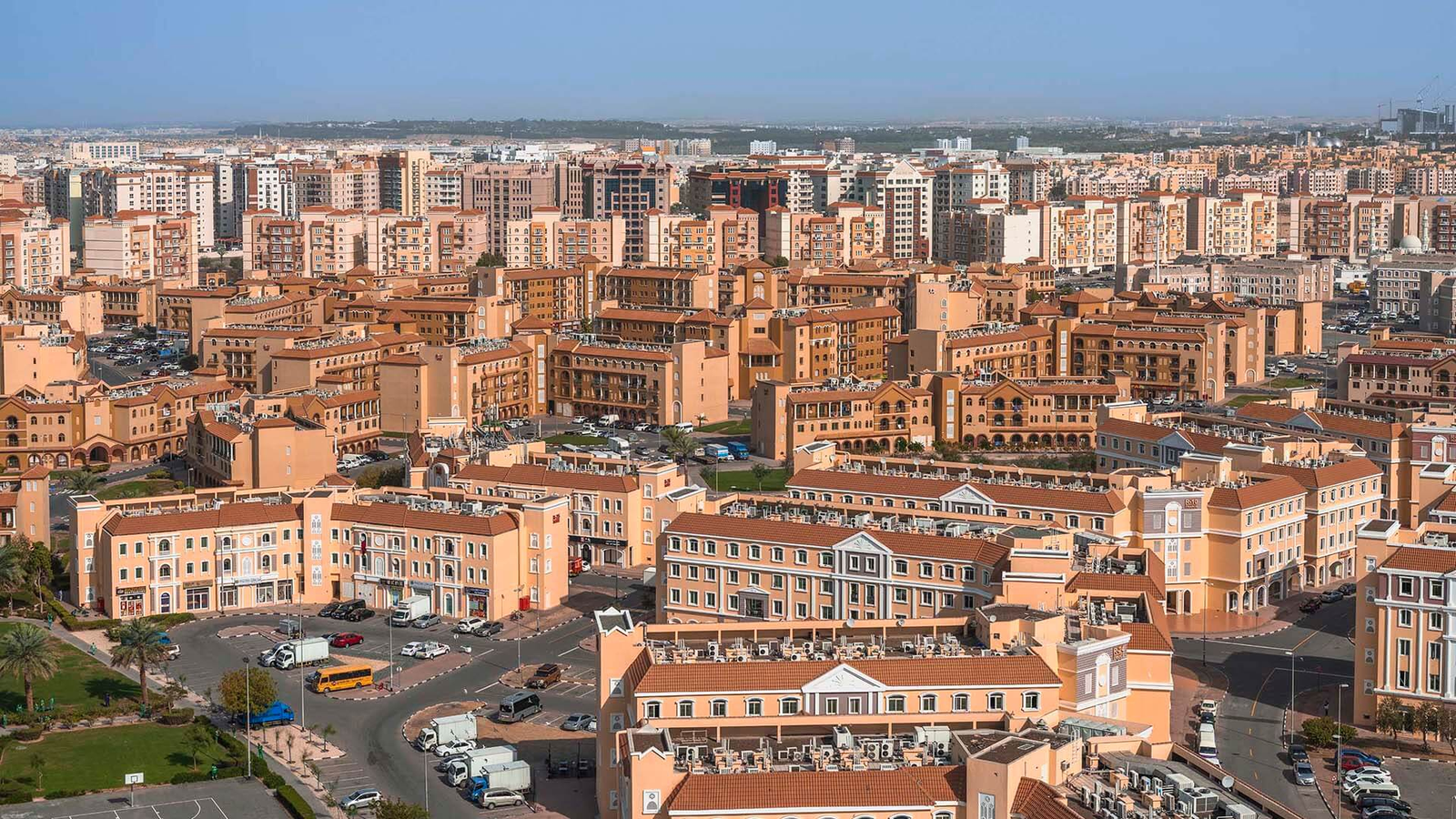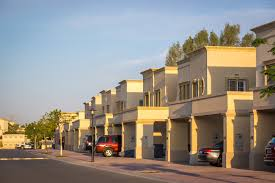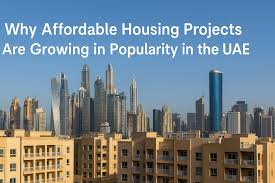
The UAE’s real estate market in 2025, with AED 893 billion ($243 billion) in 2024 transactions and 7-11% rental yields, is witnessing a surge in affordable housing projects in areas like Dubai South, Ajman Corniche, and Al Reef in Abu Dhabi, driven by government initiatives like Dubai 2040 and Abu Dhabi Vision 2030.
These projects, targeting middle-income buyers with properties priced below AED 1.5 million ($408,000), benefit from specific tax incentives under the 9% corporate tax (effective June 2023, Federal Decree-Law No. 47 of 2022), 5% VAT (Federal Decree-Law No. 8 of 2017), and 15% Domestic Minimum Top-up Tax (DMTT) for multinationals with revenues over €750 million (AED 3 billion) starting January 2025.
Below are seven key tax benefits for developers and investors, including Americans, in UAE affordable housing projects, ensuring compliance with Federal Tax Authority (FTA) regulations while maximizing returns in a tax-free personal income environment.
The sale of affordable residential properties after the initial developer sale is exempt from 5% VAT, per Federal Decree-Law No. 8 of 2017. For example, a AED 1 million ($272,000) apartment in Dubai South sold on the secondary market saves AED 50,000 in VAT, enhancing affordability and supporting 7-9% yields for investors. Action: Focus on secondary market transactions and verify exemption status with RERA-registered agents to ensure compliance.

Long-term leases (over six months) for affordable housing are exempt from 5% VAT, reducing costs for tenants and landlords. A AED 60,000 ($16,350) annual lease in Ajman Corniche saves AED 3,000 in VAT, boosting 8-10% rental yields and encouraging high occupancy (95% in affordable segments). Action: Structure leases to exceed six months and maintain seven-year records for FTA audits to confirm VAT-exempt status.
Developers can deduct expenses like construction, labor, and marketing from taxable income under corporate tax rules, lowering the 9% tax liability. A developer with a AED 50 million ($13.6 million) Al Reef project, incurring AED 15 million in costs, saves AED 1.35 million in tax after the AED 375,000 ($102,000) exemption, supporting 6-8% returns. Action: Retain detailed expense records for seven years and consult FTA-accredited advisors to maximize deductions.
Developers with annual revenues below AED 3 million ($816,000) qualify for 0% corporate tax under Small Business Relief until December 2026, excluding multinationals and Qualifying Free Zone Persons (QFZPs). A small developer building AED 2 million ($545,000) in Dubai South units saves AED 180,000 in tax, enhancing 7-9% yields. Action: File accurate FTA returns, ensuring revenue stays below AED 3 million, and verify eligibility with tax consultants.
Government programs, such as those by Dubai Land Department (DLD) and Abu Dhabi Housing Authority (ADHA), offer subsidized land for affordable housing, reducing taxable development costs. Land in Dubai South allocated at 15-20% below market rates saves AED 5 million on a AED 25 million project, offsetting 9% tax on profits. Action: Partner with government schemes, align projects with affordable housing goals, and document land costs for FTA compliance, boosting 6-8% ROI.
Muslim American developers or investors pay Zakat (2.5% on wealth above Nisab, ~AED 25,000/$6,800) only on rental income from affordable housing after one lunar year, not on property value if held for long-term investment. A AED 1 million ($272,000) JVC property with AED 80,000 rent incurs AED 2,000 Zakat, not AED 25,000 on value. Action: Document investment intent and consult Islamic scholars for accurate Zakat calculations, aligning with 7-9% yields.

The U.S.-UAE double taxation agreement (DTA) allows American developers to credit UAE corporate taxes against U.S. tax liabilities (21% corporate, up to 37% individual). A developer paying AED 90,000 in 9% tax on AED 1 million ($272,000) Al Furjan project profits offsets U.S. tax, minimizing double taxation. Action: File IRS Form 1118 (corporations) or Form 1040 (individuals), coordinating with tax advisors to leverage DTA credits, preserving 10-15% appreciation.
These tax benefits amplify UAE’s 7-11% yields, outpacing global markets like New York (4.2%). Affordable housing aligns with government goals, ensuring demand from 45% foreign buyers in Dubai’s 2025 market. Freehold ownership, no personal income tax, and visa programs (2-year Investor Visa for AED 750,000, Golden Visa for AED 2 million) add appeal. Proximity to Dubai International Airport (20-45 minutes) enhances value. These incentives drive a 5-8% price growth forecast, with affordable zones at 8-10%.
The UAE’s affordable housing boom faces challenges from the DMTT’s 15% rate for MNEs, stricter AML compliance, and a potential 10-15% correction in 2026 due to oversupply (41,000 Dubai units). Non-deductible expenses (e.g., 50% of entertainment costs) and nine-month corporate tax filing deadlines risk penalties up to AED 10,000. RERA-registered agents and FTA-accredited consultants ensure compliance, maximizing tax benefits.
VAT exemptions, corporate tax deductions, small business relief, subsidized land, Zakat optimization, and DTA credits are seven tax benefits fueling UAE affordable housing projects in 2025. These strategies maximize 7-11% ROI for American investors and developers in a dynamic market. Expert guidance ensures compliance, driving sustainable growth in Dubai, Abu Dhabi, and Ajman’s affordable real estate landscape. Affordable Housing
read more: UAE Real Estate: 5 Tax-Efficient Exit Strategies for Developers
